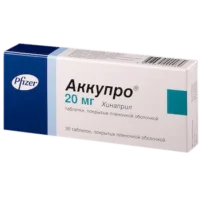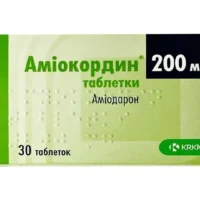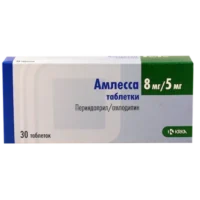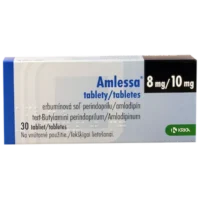Description
Traicor (fenofibrate) Coated Tablets 145 mg
Ingredients:
- Each coated tablet contains 145 mg of fenofibrate.
Dosage:
- The recommended dosage is one tablet daily with a meal.
Indications:
- Traicor tablets are used as adjunctive therapy to diet to reduce elevated LDL-C, Total-C, triglycerides, and Apo B, and to increase HDL-C in adult patients with primary hypercholesterolemia or mixed dyslipidemia.
Contraindications:
- Avoid Traicor tablets if you have severe renal impairment, pre-existing gallbladder disease, are nursing or pregnant, or have known hypersensitivity to fenofibrate.
Directions:
- Swallow the tablet whole with water. Do not crush, chew, or break the tablet.
Scientific Evidence:
- Fenofibrate, the active ingredient in Traicor tablets, has been extensively studied for its lipid-modifying effects. Research has shown significant reductions in triglycerides and LDL-C levels while increasing HDL-C levels in patients with dyslipidemia.
Additional Information:
- Monitor liver function tests during therapy with fenofibrate due to the potential risk of liver abnormalities. Report any unexplained muscle pain, tenderness, or weakness, as fenofibrate may cause myopathy.
- In clinical trials, fenofibrate has proven effective in reducing cardiovascular events in patients with dyslipidemia. Studies have associated fenofibrate therapy with a significant decrease in the risk of coronary events in patients with type 2 diabetes.





